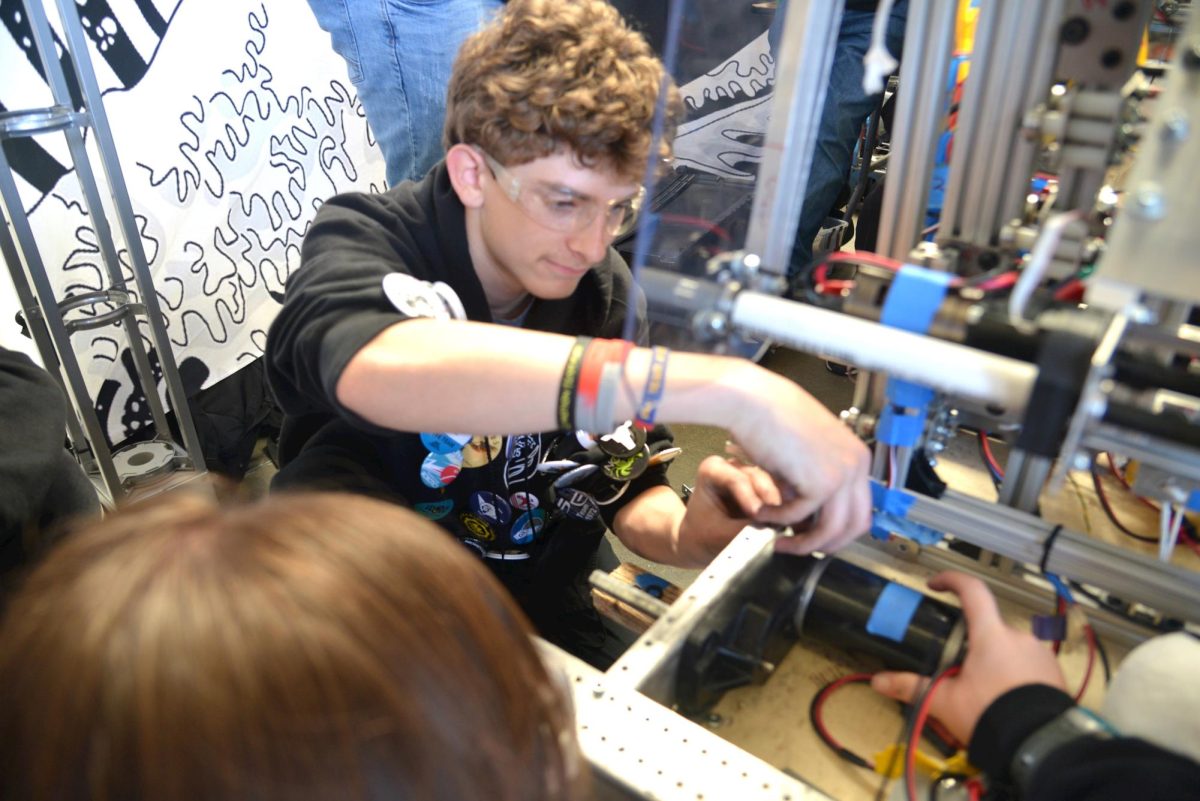Go Outside!
Technology has become a crucial aspect of our everyday life in the world we live in today. Particularly kids and teens are spending more and more time indoors using computers, tablets, and other electronic gadgets. While there are many advantages to technology, it’s important to be aware of the risks It poses to our health and well-being.
Spending time outside provides various health advantages. The body receives vitamin D through sunshine exposure, which is necessary for keeping healthy bones in avoiding several illnesses. Additionally, it has been demonstrated that being outside can lower stress and anxiety levels. Cortisol is a hormone linked to stress, and studies have shown that just 20 minutes in nature may drastically decrease cortisol levels. Walking, running, or participating in sports, can also help to lower the risk of obesity and enhance cardiovascular health.
On the other hand, overuse of electronic gadgets have been associated with a range of harmful health effects. According to studies, exposure to blue light from screens for an extended period of time, can mess with our circadian cycle, which can affect our sleep, and other bodily functions. Furthermore, using technology excessively can cause bad posture, eyestrain, and even carpal tunnel syndrome. Additionally, excessive use of technology can result in addiction. According to research, teens spend over seven hours a day using electronics, and this continuous stimulation might cause the brain to produce dopamine, a new transmitter linked to pleasure and reward. As a result, people may become dependent on checking their smartphones for updates or messages all the time. Unfortunately, there may be detrimental effects on our mental health from this addiction. Studies have shown that teens who use electronic devices more frequently were more likely to exhibit signs of anxiety and sadness. Also, another study discovered a connection between social media use and rising degrees of loneliness and declining well-being.
Excessive use of technology can harm our social lives, in addition to having a negative impact on our health. Relationships are formed and maintained through face-to-face contacts, which are becoming less common as people spend more time on their technological gadgets. This may result in emotions of loneliness and isolation, which may be detrimental to our mental health. El Cid asked former addict of video games, Gavin Stafford ‘23, on why it’s important to stay active outside, “Back during COVID, I sat in my chair eating cupcakes, waffles and hitting 360 no scopes all day long. No one could stop me in Call of Duty. And then one day I went outside and tried to 360 no scope on my tree. I hit it on the first try like a g. I have never played another video game since and I will be attending the ROTC program next year at GCU to pursue my dreams of 360 no scoping Isis”. How can we end this addictive cycle and enhance our health and well-being? Spending more time outside is the easy solution. Numerous physical and mental health advantages can result from encouraging kids and teenagers to spend time in nature. El Cid asked Max Bayles ‘23 about how he tries to spend time outside, “I play sports so I am mainly outside most of the time. I love the outdoors because nature just makes me feel amazing and then playing with the boys and getting sweaty under the sun is something I live for. And I’m blessed to live in San Diego where the beach is right around the corner.” Spending time outside can enhance creativity, problem-solving, abilities, and imagination in addition to its health advantages. Sports, hiking, camping, and other outdoor activities, may help kids and teens develop vital life skills, including leadership, teamwork, and communication.
Parents may encourage their kids to participate in outdoor sports or activities, organize family activities in nearby parks or nature reserves, and set screen time limits for their kids to encourage more outside exercise. Going outside and taking in the natural world may also help people develop a respect and appreciation for the environment. It’s crucial to inform and motivate the next generation to protect our planet in the modern world when environmental damage and climate change are major concerns. Children and teens are more likely to connect with the environment and feel inspired to conserve it if they had a direct experience with the beauty of nature. Also there are many possibilities for social contacts outdoors and in society, which are essential for building social skills and forming long lasting relationships. Children and teens have the opportunity to interact with their classmates, neighbors and community members in a more casual and real environment in outdoor activities. Outside activities promote collaboration, teamwork, and communication. Children and teens learn how to collaborate, negotiate, and resolve issues via team sports, neighborhood park games. These interactions foster the growth of crucial social skills that are important for success in a variety of spheres of life including job, relationships, and education.
Additionally, outdoor games and activities offer chances for face to face engagement and nonverbal communication, both of which are crucial components of human connection. In the digital era, nonverbal indicators like facial expressions, body language, and voice tone are rarely used in conversation because most of it happens on screens. Children and teens may practice and improve their interpersonal skills by participating in outdoor activities while monitoring and reacting to these nonverbal signs, which will improve their capacity to comprehend and connect with people on a deeper level.
In conclusion, engaging in social activities outside the home has several advantages for fostering social connections and personal growth. It enables youngsters to interact with others, grow in their understanding of basic social skills, value variety, and strengthen their feeling of community. We can assist young people in developing lasting relationships, improving their communication skills, and navigating the complexity of social environment with assurance and empathy by placing a priority on outdoor activities and face to face contacts.





















































